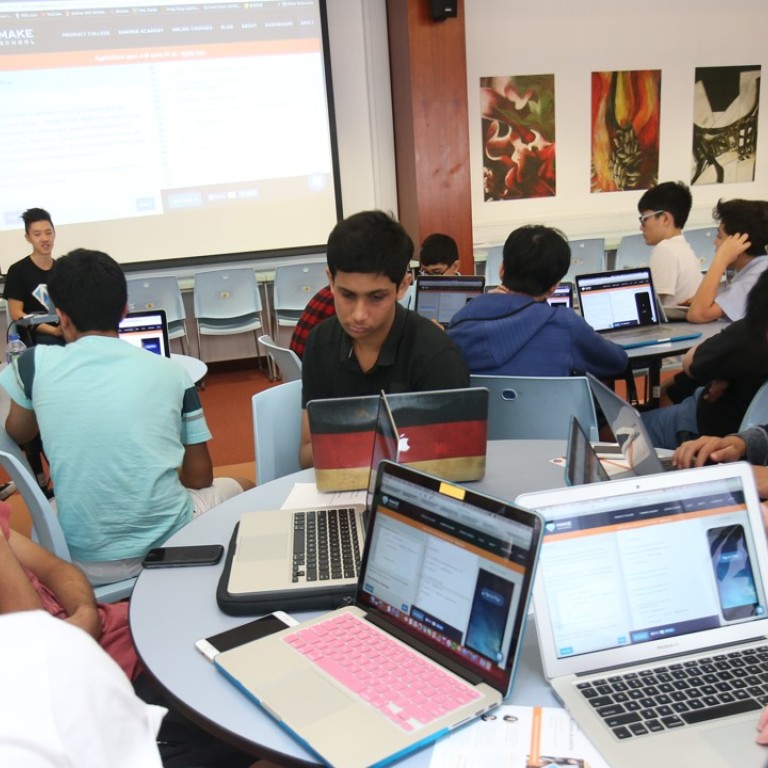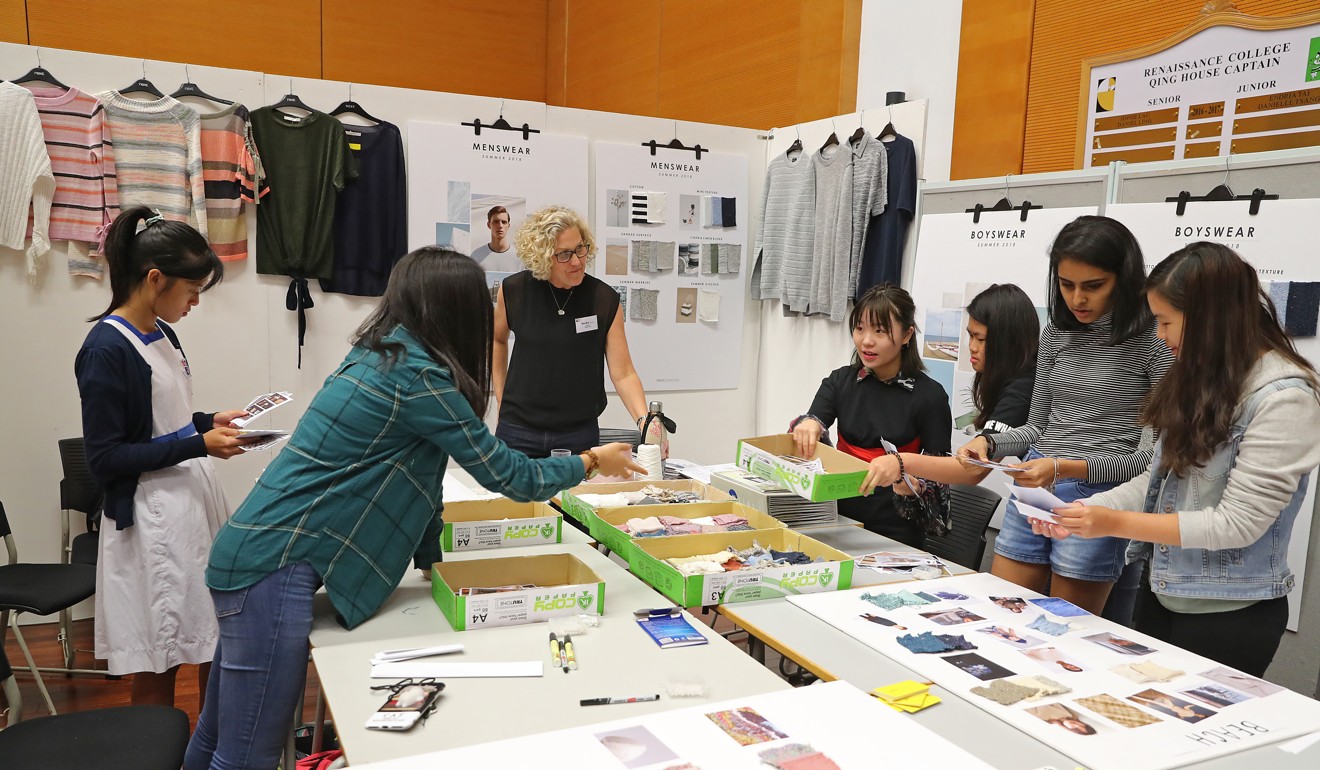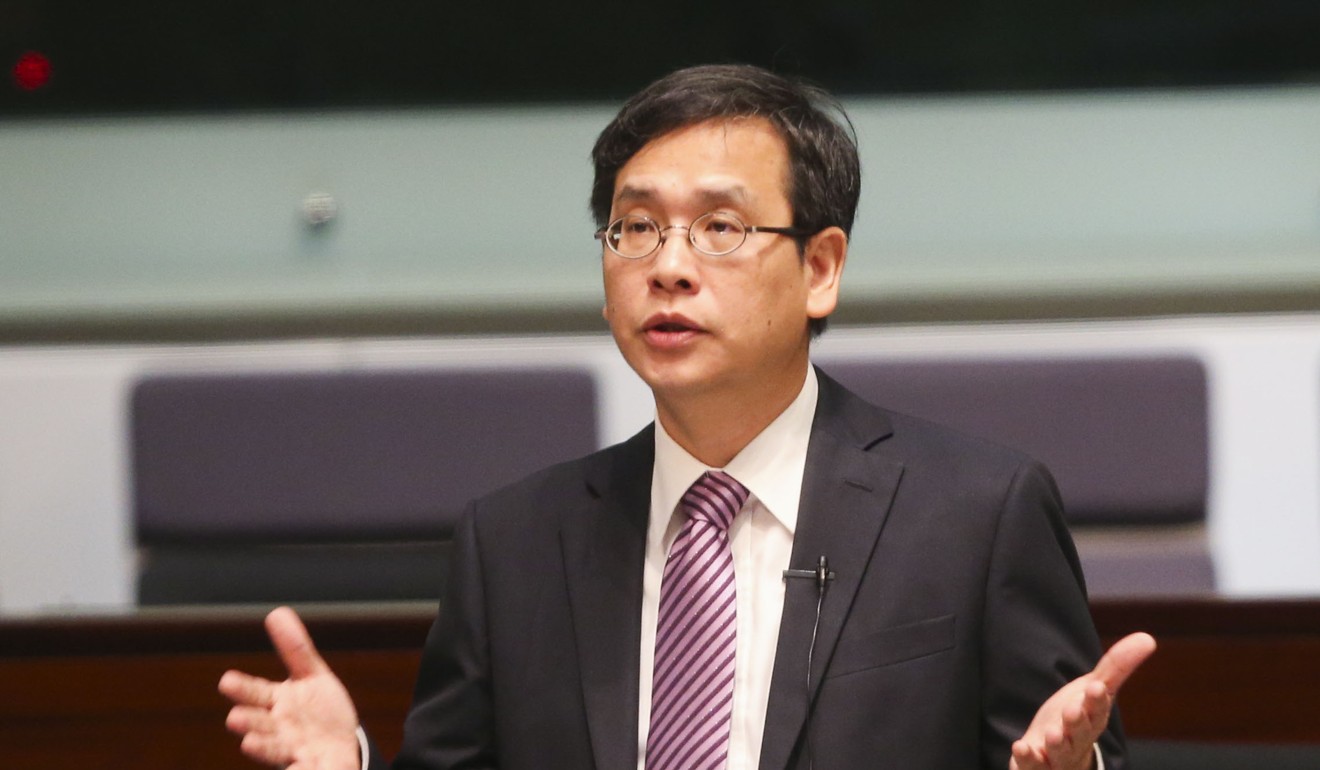
Six Hong Kong schools denied permission to raise tuition fees for 2018/19 year amid probe by watchdog into lax approval process
Education Bureau approves all fee adjustment applications from DSS schools but three private and three international institutions have requests denied
Hong Kong’s Education Bureau has for the first time in four years rejected bids by several private and international schools to raise tuition fees and also capped increases by other schools at 20 per cent.
Figures released by the bureau this week showed that as of the end of August, it received 45 applications for fees adjustment from direct subsidy scheme (DSS) schools, 66 from private schools and 68 from international schools for the 2018/19 school year.
All applications by DSS schools – which are government funded but can charge fees – were approved but three private and three international schools had their requests denied.

The average fee increments were 5.94 per cent, 5.71 per cent and 4.67 per cent for DSS, private and international schools respectively.
Unlike in the last two school years, during which at least one institution had been allowed to raise fees by more than 20 per cent on average across all grades, all increases were kept to a maximum of 20 per cent this year.
Hong Kong has more than 1,000 primary and secondary schools, and most are run either by the government or voluntary bodies. These are free for Hong Kong residents and have to follow the bureau’s rules for their curriculum and operations.
Parents only pay school fees for DSS, private or international schools.
But fee-paying schools have in recent years become notorious for exorbitant charges with some amounting to more than HK$200,000 (US$25,640) a year.
Subsidised kindergartens cite ‘rising costs’ to charge fees on free classes
According to official figures, the last time schools were denied requests to raise fees was for the 2014/15 school year, when two private institutions had their applications rejected.
Education sector lawmaker Ip Kin-yuen said the bureau’s decision to reject a few cases of fee revisions this year, unlike recent years, gave the public perception that it was reacting to the Ombudsman’s investigation.
“Despite receiving criticism for such a long period, the bureau did not reject any applications the past few years,” he said.
Of the nine DSS primary schools that increased fees, eight did so by 6 per cent or lower, while the remaining one was by between 6.1 and 10 per cent.
A total of 31 DSS secondary schools increased charges by 6 per cent or lower, and three by between 6.1 and 10 per cent. The two DSS secondary schools that increased fees by the highest proportion were Heung To Middle School (Tin Shui Wai) by 19.9 per cent on average and Heung To Secondary School (Tseung Kwan O) by 19.8 per cent on average.
Gap year at 12: how Hong Kong parents took pressure off children
The former now charges senior secondary pupils HK$6,950 a year and the latter HK$10,300 per year for senior secondary classes.
For private schools, 61 increased fees by 10 per cent or below, while two raised them by between 10.1 and 20 per cent.

In terms of international schools, all fees were kept to the maximum of 10 per cent.
For example, the primary section of Chinese International School increased fees by 6.4 per cent to HK$205,500 this year.
Ip noted fee increases were reasonable as long as schools could justify their applications, such as for improving staff-to-student ratio and repair works. He added that the government needed to explain more clearly what were the criteria for approving increases.
Why Hong Kong’s local school system fails Western expats
A bureau spokeswoman said: “In approving the application for adjustment of tuition fees by DSS schools, the bureau will carefully review the financial budget submitted by the school, the rationale for the adjustment, and confirm that the school has consulted the parents.”

For private and international schools, the bureau would carefully consider their rationale and financial situation, and require them to fully communicate with parents on the application for adjustment of tuition fees, she added.
Ruth Benny, founder of Hong Kong education consultancy Top Schools, called for more transparency behind the revision process of other additional charges for private and international schools, such as debentures and capital levies. These are used to help finance the construction and maintenance of schools, and for acquiring or replacing facilities and equipment.
Debentures, which can be refundable or partially refundable in some cases, can be for millions of dollars.

